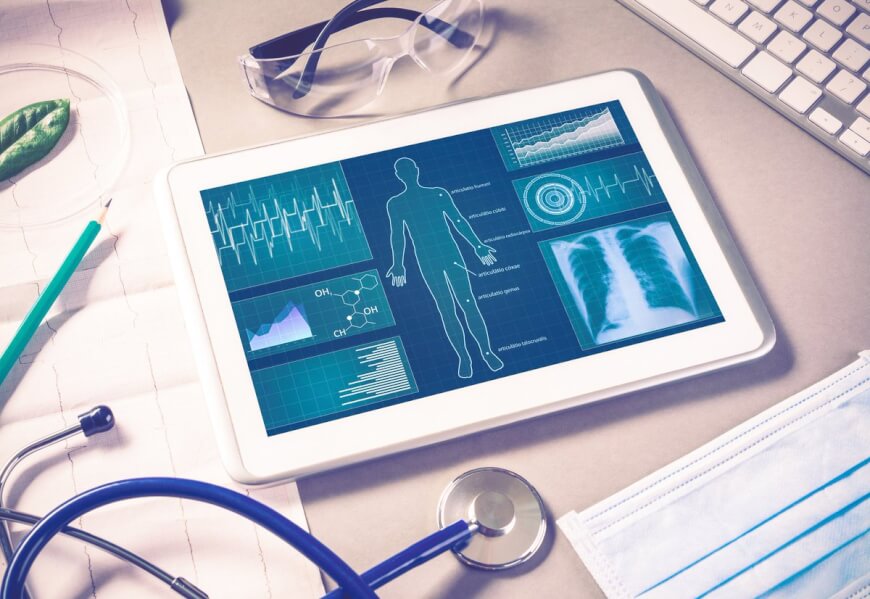Covid-19 crisis has had a major impact on the medical sector. While the doctors were consistently involved in treating patients, the unprecedented situation took a toll on the medical education sector.
“Very few patient visited the hospital when coronavirus was at a peak. The hospitals were only flooded with Covid-19 or emergency patients. This impacted the learning of final year students who needed to examine patients for the clinical experiment. The students were also deprived of guidance from senior doctors as they did not attend the hospitals during the period,” says Dr Gayathri Kamath, senior gynaecologist, Fortis Hospital, Bannerghatta road, Bangalore.
Speaking to Education Times, Dr Amit Gupta, AIIMS, Rishikesh says the pandemic has highlighted the importance of simulation in medical education and the hospitals are most likely to increase its use even after normalcy returns.
“Just as students from other courses, medical students were also compelled to undertake online classes during the pandemic. The teaching process was forced to follow simulation method to make students self-reliant,” he says.
There was a dearth of patients in the hospitals during the lockdown period as people resisted visiting hospitals, he adds. The students were made to perform medical examination and experiments on mannequin and dummies. Doctors would also prepare videos that were shared with students. The pandemic has taught us the importance of simulation and the hospitals are likely to continue with the teaching process via simulation even after the situation improves, he says.
The teaching in medical colleges earlier focused only on imparting knowledge and the students were assessed at the end of the academic year, says Dr Prem Kapoor, professor, HOD, Hamdard Institute of Medical Sciences and Research. The education now focuses on Competency Based Medical Education (CBME) that tests students for their skills and use of theory while treating the patient.
“A medical graduate is expected to be equipped with not theoretical knowledge and to be able to use it competently in patient care.”
“Earlier, the summative assessment was followed where the students were assessed at the end of a semester or professional year. Now frequent evaluation is conducted with the help of both summative and formative assessment. Besides this, AETCOM is added in a theoretical session where students were taught to be proficient in ethics, attitude, communication,” he says.
The pandemic has directed the need for compulsory skill labs in hospitals, he highlights. The National Medical Commission has made it mandatory for students to perform medical procedures in skill labs. The students are given a set of procedures which they have to analyse and execute in skill labs. Once the students learn to perform various patient-related procedures on dummies and mannequins, they will be able to treat the real patients better.
Source: https://timesofindia.indiatimes.com/


COMMENTS